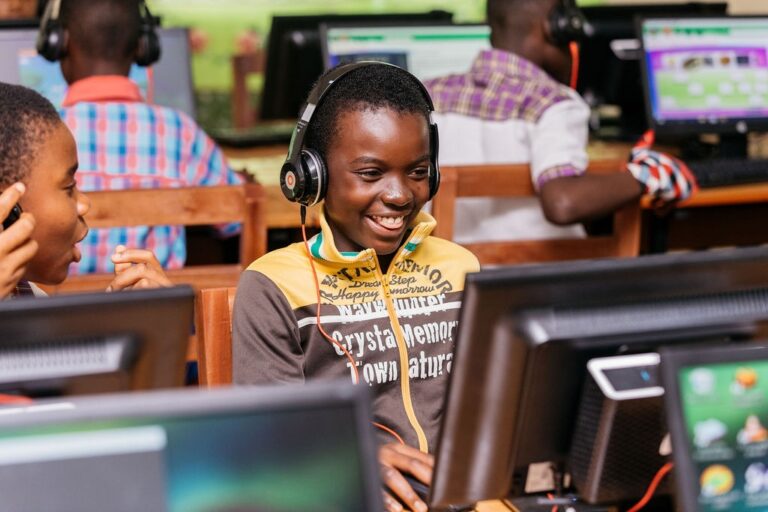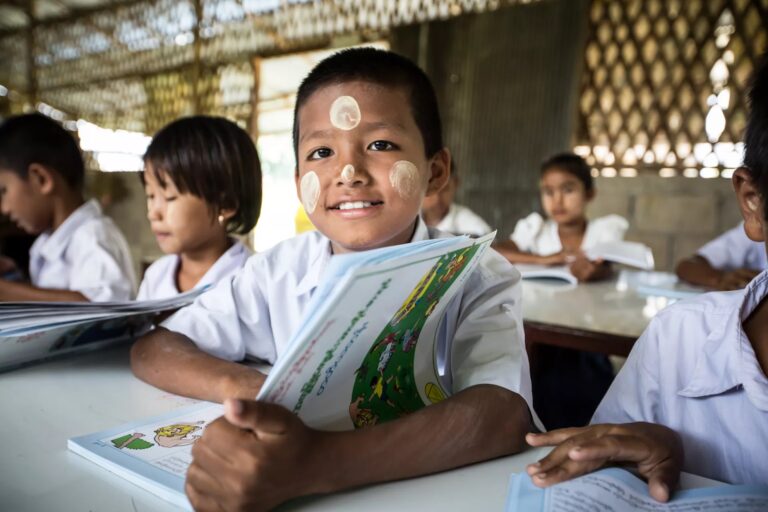Story Source: Venturebeat.com ~ Go to Original Article
A new Microsoft Garage project, Microgravity Lab, presents teachers with a new and interactive way to teach middle school students about complex physics concepts in microgravity.
The experience will enable students to explore physics principles, such as conservation of momentum and Newton’s 2nd and 3rd Laws of Motion, through the context of microgravity on the moon. Microgravity is a concept that is hard to explain and simulate on Earth, and but it may be easier to teach it through VR.
The Microgravity Lab is the result of collaboration between a Microsoft intern team in Vancouver and NASA. It simulates the conditions experienced by astronauts while in space, making it easier for students to understand these complex physics concepts….……………………..


![[Preliminary Report] CRNA Collaborative Research for Exploring Factors Nurturing"Happy and Resilient" Children among Asian Countries](https://test.equity-ed.net/wp-content/uploads/2024/09/1725672182698.jpg)
